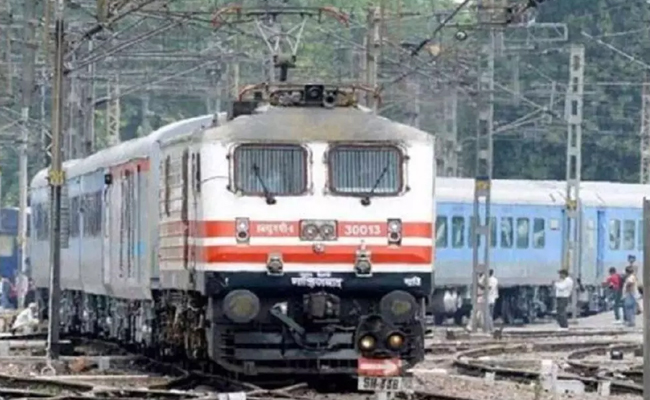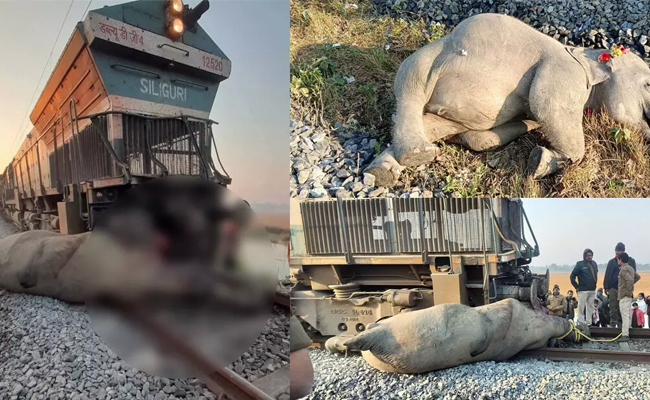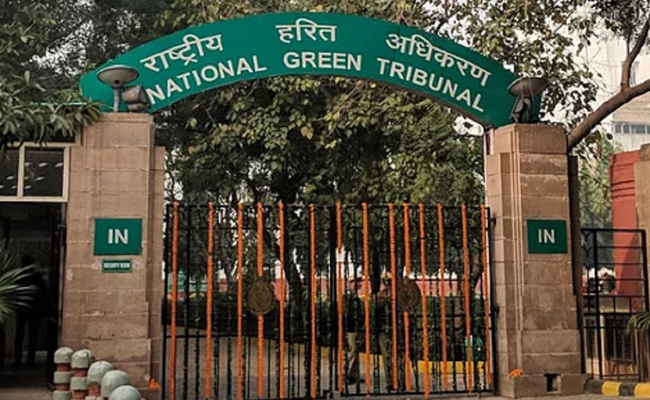Bengaluru: Adugodi Police officers have arrested Kannada film producer Prakash, who has been accused of duping a man after promising him a job in the Karnataka Milk Federation (KMF).
The producer, who has funded a Kannada movie with Pramod Shetty in the lead, had allegedly promised to get Charan, a native of Chikkaballapur district, a job as an officer in the technical division of KMF if paid Rs 20 lakh. He had also received an advance of Rs 10 lakh from Charan.
The written examinations for various posts in KMF were conducted in December. Prakash, duplicating the official standard of the KMF director, handed the appointment order to Charan.
Following a complaint by the applicant, the city police recently arrested the film producer and are investigating the matter further.
Let the Truth be known. If you read VB and like VB, please be a VB Supporter and Help us deliver the Truth to one and all.
New Delhi (PTI): The Delhi Police has arrested a bus helper and recovered USD 1,600 that was allegedly stolen from the purse of an Iranian woman who had forgotten it on a private bus at ISBT Kashmere Gate, an official said on Sunday.
The incident came to light on December 15, when a complaint was lodged at the ISBT Kashmere Gate police post by Dr Ali Akbar Shah, a professor at Delhi University and a resident of Mukherjee Nagar, the police said.
He informed police that his guest, Fareshteh Sayanjali, an Iranian national, had arrived in India on December 13 and was staying at his residence, they said.
The woman had travelled to Uttarakhand's Rishikesh and was returning to Delhi on December 15 in a bus. While de-boarding at ISBT Kashmere Gate around 1.45 pm, she inadvertently left her purse on the bus seat, the police officer said.
After some time, she received a phone call from the bus operator informing her that the purse had been found in the vehicle. However, when the purse was handed back to her, she discovered that USD 1,600 in cash kept inside was missing," the officer added.
ALSO READ: Hike in train fares: 1 paisa/km beyond 215 km for ordinary class, 2 paise/km for other classes
Based on Dr Shah's statement, an FIR was registered at Kashmere Gate police station on December 16, and an investigation was taken up, police said.
During the investigation, the team questioned the driver and conductor of the bus in which the woman had travelled, police said.
During questioning, the conductor told police that Monish, the bus helper, found the purse lying abandoned on a seat and handed it over to him, police said.
Monish initially attempted to mislead the investigators, but later confessed to stealing the US dollars from the purse, police said
Following his disclosure, Monish was arrested on December 17 and recovered the entire stolen amount, police said.
The accused, Monish, 26, is a resident of Jahangirpuri in north Delhi.
He has studied up to Class 10 and has been working as a helper with the private bus service for the past year, they said.





